Mary Helen McKee Upton, also known as ‘Ms. Mary’ passed peacefully from this earth with loved ones by her side in Pampa, Texas on Thursday, February 19, 2026, at the age of 85 years, 2 months, 2 weeks, and 3 days. She was born on December 2, 1940, in Hedley to Daddy Roy & Ruby McKee. She was the youngest of 7 children.
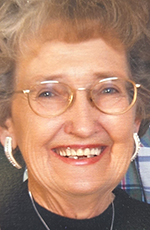
Mary Helen married the love of her life, J.C. Upton, on February 15, 1958, in Hedley. They were blessed with four children, Cindy Horton, Debbie Arnold, Tim Upton and Casey Upton. She was the loving grandmother to 18 grandchildren, 21 great- grandchildren and 1 great-great grandchild as well as the aunt to numerous nieces and nephews. Mary Helen & J.C. lived happily together for well over 50 years in Hedley, Amarillo and Memphis, Texas.
Ms. Mary was loved by all she ever met. Her quick and friendly smile warmed everyone’s hearts. No one was ever considered to be a stranger in her home because once she met you, she considered you to be her friend. She was a grocery store clerk for United Supermarkets and Fiesta Foods in Amarillo and then Davis Thriftway in Memphis, retiring from there in the early 2000’s.
She had a servant’s heart and a willing spirit to help anyone in need. She loved all babies and would always make a beeline for them when in her presence. She had many people in her family, but she also had a special way of making non-family and friends feel like they were her family too. She had a wonderful way of making you feel loved, welcomed and right at home around her. She was an ornery one though, even once racing the local sheriff in Hedley while growing up. She enjoyed cooking for others, especially her homemade brownies. She enjoyed supporting her grandkids at their activities and attending their graduations. She enjoyed joking and telling stories. Mary Helen will be missed for the rest of our lives until we see her again one day in heaven. She was a member of First Baptist Church in Memphis, and she loved serving the community through the church.
She was preceded in death by her husband, J.C. Upton; her daughter, Debbie Arnold; her son, Tim Upton; her granddaughter, Britney Rodriguez; her grandson, T.J. Upton; both of her parents, Daddy Roy & Ruby McKee; 5 older siblings, Leota Linder, Sue Weatherly, Betty Jo Hedgecoke, Bill McKee & LeRoy McKee.
She is survived by her daughter Cindy Horton of Amarillo; her son Casey Upton and wife, Cindy of Pampa; her many grandchildren, great-grandchildren and great-great-grandchild; her sister, Mattie Lou Nivens-Brumley of Memphis; numerous nieces, nephews, cousins and loved ones as well as dear friends and neighbors.
Her service was held on Tuesday, February 24, 2026, at First Baptist Church in Memphis with Bro. Brady Montgomery of Paducah officiating. She was laid to rest next to her late husband at Fairview Cemetery in Memphis.
Family requests any donations to be made to BSA Hospice of the Southwest.




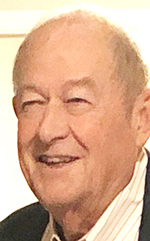
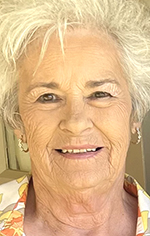

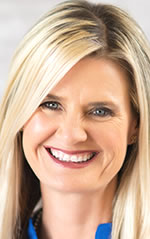
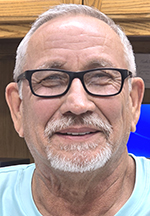

Reader Comments